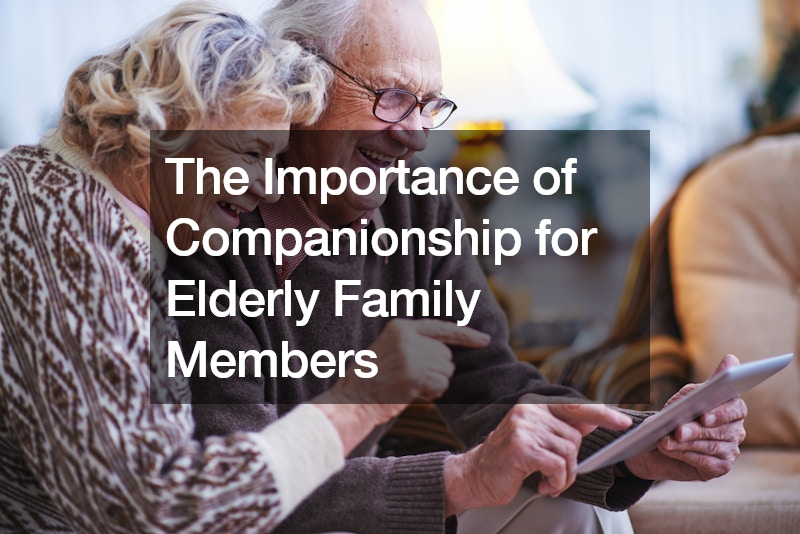social isolation can lead to feelings of sadness and depression. Having someone to talk to and share experiences with can alleviate these negative emotions. Regular interaction with companions, whether family members, friends, or caregivers, helps elderly people feel valued and connected to the world around them. This emotional support can significantly improve their overall happiness and life satisfaction.
Mental Health Benefits
Mental stimulation is vital for keeping the brain active and healthy.
Companionship offers opportunities for conversations, reminiscing, and engaging in activities that challenge the mind. These interactions can help prevent cognitive decline and conditions such as dementia and Alzheimer’s disease. Engaging in mentally stimulating activities like playing games, reading, or discussing current events with a companion can keep the mind sharp and reduce the risk of cognitive deterioration.
Physical Health Advantages
Companionship can also have a positive impact on physical health. Socially active elderly individuals tend to be more physically active as well. Companions can encourage elderly family members to participate in light physical activities such as walking, gardening, or stretching exercises. Regular physical activity is crucial for maintaining mobility, balance, and overall physical health. Additionally, companionship can lead to better health habits, such as eating regular, nutritious meals and attending medical appointments.
Prevention of Isolation and Loneliness
Social isolation and loneliness are serious issues among the elderly. They can lead to a decline in physical health, increased risk of chronic diseases, and even premature death. Companionship helps prevent these outcomes by providing regular social interaction and a sense of belonging. Elderly individuals who have companions are less likely to feel isolated and more likely to engage in social activities, fostering a sense of community and support.
Enhanced Safety and Security
Having a companion can enhance the safety and security of elderly family members. Companions can assist with daily tasks that may become challenging, such as cooking, cleaning, and managing medications. They can also help prevent accidents and respond quickly in case of emergencies. This added layer of security ensures that elderly individuals can continue living independently while receiving the support they need to stay safe.
Improved Self-Esteem and Purpose
Maintaining a sense of purpose is important for mental and emotional health at any age. Companionship can help elderly family members feel needed and appreciated, boosting their self-esteem. Whether it’s sharing their life stories, providing wisdom and advice, or participating in family activities, their contributions are valuable and meaningful. This sense of purpose can improve their outlook on life and motivate them to stay engaged and active.
Strengthening Family Bonds
Companionship isn’t just beneficial for the elderly; it also strengthens family bonds. Spending quality time with elderly family members fosters deeper connections and mutual understanding. It provides an opportunity for younger generations to learn from their experiences and wisdom. These interactions can create lasting memories and a sense of continuity within the family, enriching the lives of everyone involved.
Promoting Independence
Contrary to what some may believe, companionship can actually promote independence among elderly individuals. With the right support and encouragement, they can continue to pursue their interests and hobbies, maintain their routines, and manage their daily activities. Companions can offer just enough assistance to ensure safety and well-being without taking away their autonomy. This balanced approach helps elderly family members maintain their dignity and independence.
The importance of companionship for elderly family members cannot be overstated. It plays a critical role in their emotional, mental, and physical well-being. Companionship provides emotional support, mental stimulation, and physical activity, all of which are essential for a high quality of life. It also helps prevent isolation and loneliness, enhances safety and security, improves self-esteem and purpose, strengthens family bonds, and promotes independence. By prioritizing companionship, we can ensure that our elderly loved ones lead fulfilling, happy, and healthy lives. Ensuring regular interaction and support for elderly family members is not just a responsibility but a vital aspect of their well-being that enhances their overall quality of life.

